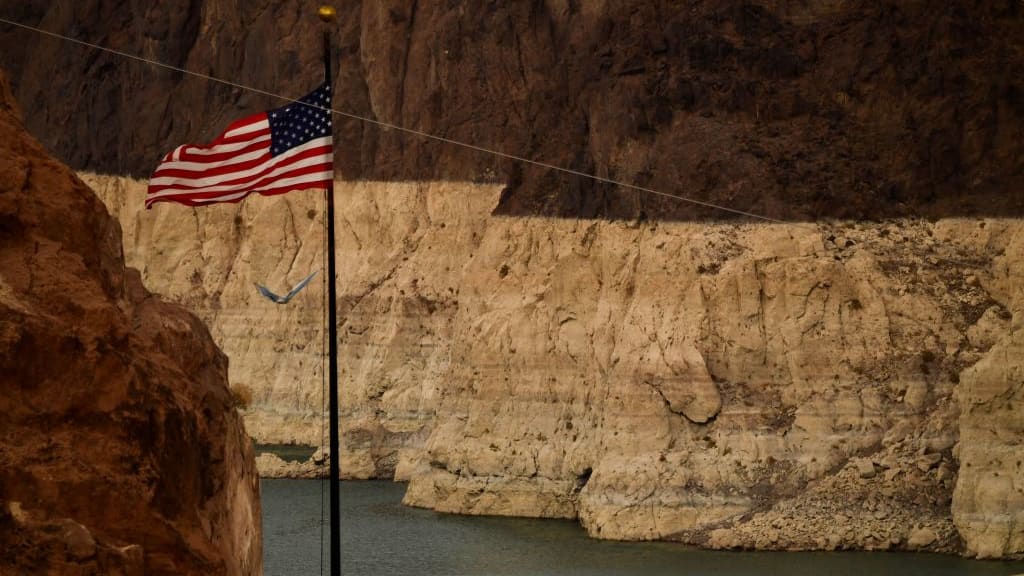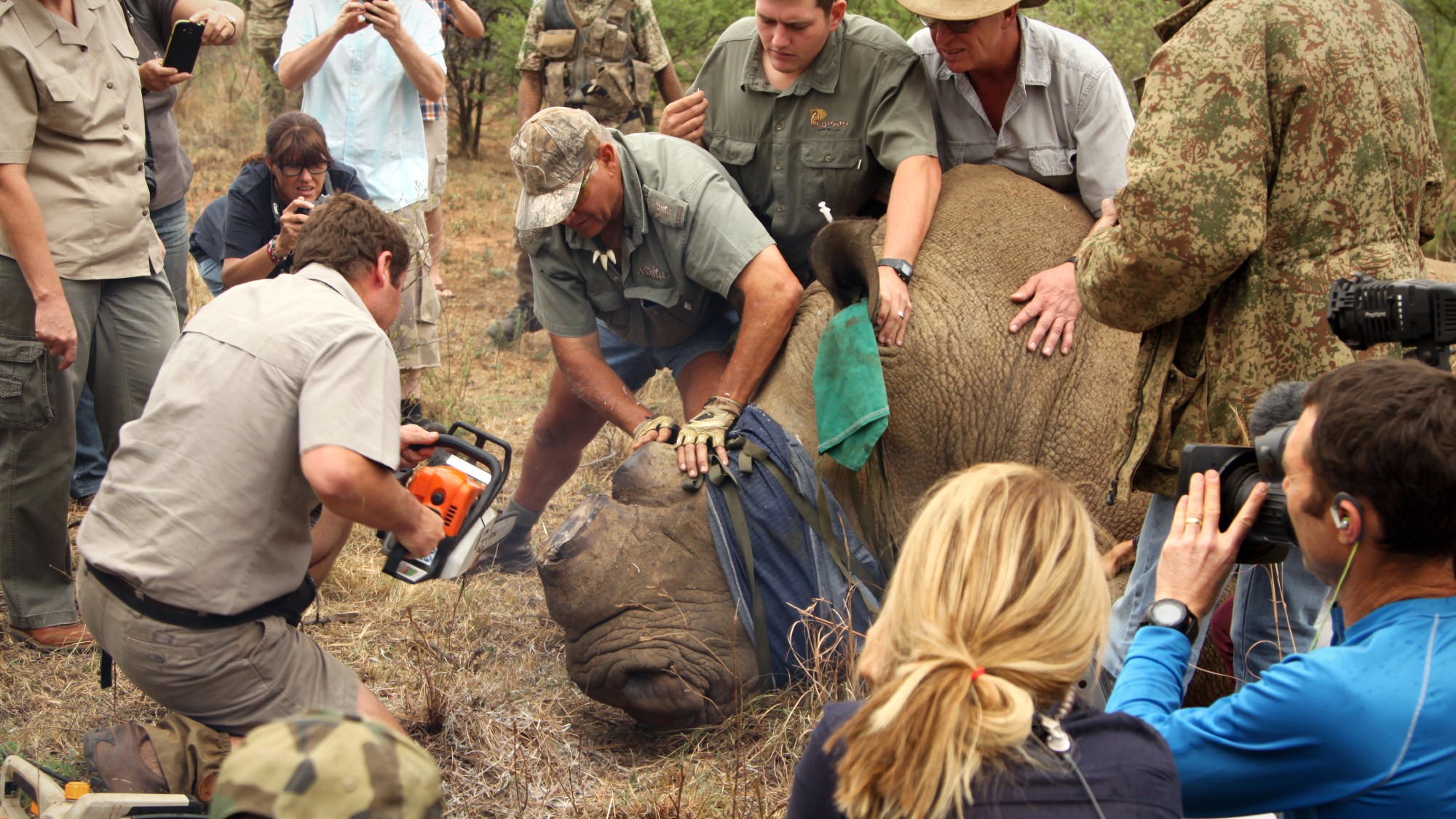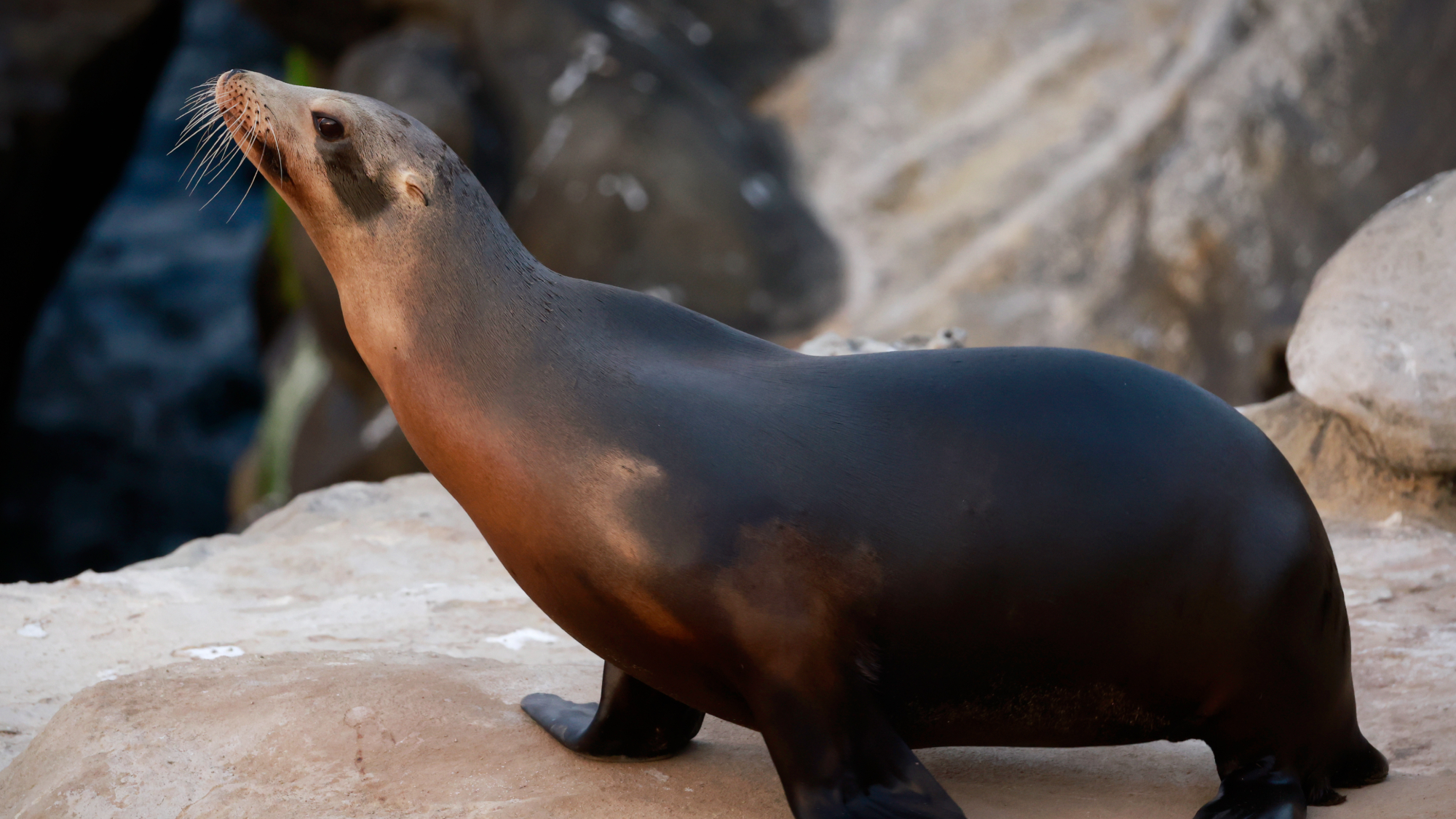For the 1st time, federal government declares Colorado River water shortage


In a first for the federal government, the U.S. Bureau of Reclamation on Monday declared a shortage of water on the Colorado River, triggering cutbacks for Arizona, Nevada, and New Mexico starting in 2022.
The Colorado River's largest reservoir, Lake Mead, is now at 1,068 feet above sea level — the lowest level since its creation in the 1930s — and the Bureau of Reclamation estimates that it will drop even more by January. Mandatory water cutbacks were previously set to go into effect when the water at Lake Mead hit below 1,075 feet above sea level, The Wall Street Journal reports.
Arizona is expected to lose 512,000 acre-feet, or 18 percent of its annual allocation, while Nevada would lose 7 percent of its water allocation and New Mexico 5 percent. Under a water-sharing agreement with four other Colorado River Basin states, Arizona, Nevada, and New Mexico have the most junior rights, and states with more seniority — like California — will also face cuts if the reservoir continues to lose water. The cutbacks will hit farmers and ranchers the hardest.
Subscribe to The Week
Escape your echo chamber. Get the facts behind the news, plus analysis from multiple perspectives.

Sign up for The Week's Free Newsletters
From our morning news briefing to a weekly Good News Newsletter, get the best of The Week delivered directly to your inbox.
From our morning news briefing to a weekly Good News Newsletter, get the best of The Week delivered directly to your inbox.
In a statement, Tanya Trujillo, assistant secretary for water and science at the Interior Department, said the Colorado River is "facing unprecedented and accelerating challenges. The only way to address these challenges and climate change is to utilize the best available science and to work cooperatively across the landscapes and communities that rely on the Colorado River."
The Colorado River supplies drinking water to 40 million people, irrigates 5.5 million acres of farmland, and is responsible for an estimated 16 million jobs, the Journal said. Years of drought, fueled by climate change, have made the ground bone dry, so runoff from the Rocky Mountains is soaked up before making it to the Colorado River. Although there have been several intense monsoons this summer in southern Utah and Arizona, the rain wasn't nearly enough to make the river rise significantly.
A free daily email with the biggest news stories of the day – and the best features from TheWeek.com
Catherine Garcia has worked as a senior writer at The Week since 2014. Her writing and reporting have appeared in Entertainment Weekly, The New York Times, Wirecutter, NBC News and "The Book of Jezebel," among others. She's a graduate of the University of Redlands and the Columbia University Graduate School of Journalism.
-
 Bacteria can turn plastic waste into a painkiller
Bacteria can turn plastic waste into a painkillerUnder the radar The process could be a solution to plastic pollution
-
 New York plans first nuclear plant in 36 years
New York plans first nuclear plant in 36 yearsSpeed Read The plant, to be constructed somewhere in upstate New York, will produce enough energy to power a million homes
-
 Dehorning rhinos sharply cuts poaching, study finds
Dehorning rhinos sharply cuts poaching, study findsSpeed Read The painless procedure may be an effective way to reduce the widespread poaching of rhinoceroses
-
 Breakthrough gene-editing treatment saves baby
Breakthrough gene-editing treatment saves babyspeed read KJ Muldoon was healed from a rare genetic condition
-
 Sea lion proves animals can keep a beat
Sea lion proves animals can keep a beatspeed read A sea lion named Ronan beat a group of college students in a rhythmic dance-off, says new study
-
 Humans heal much slower than other mammals
Humans heal much slower than other mammalsSpeed Read Slower healing may have been an evolutionary trade-off when we shed fur for sweat glands
-
 Novel 'bone collector' caterpillar wears its prey
Novel 'bone collector' caterpillar wears its preySpeed Read Hawaiian scientists discover a carnivorous caterpillar that decorates its shell with the body parts of dead insects
-
 Scientists find hint of alien life on distant world
Scientists find hint of alien life on distant worldSpeed Read NASA's James Webb Space Telescope has detected a possible signature of life on planet K2-18b



